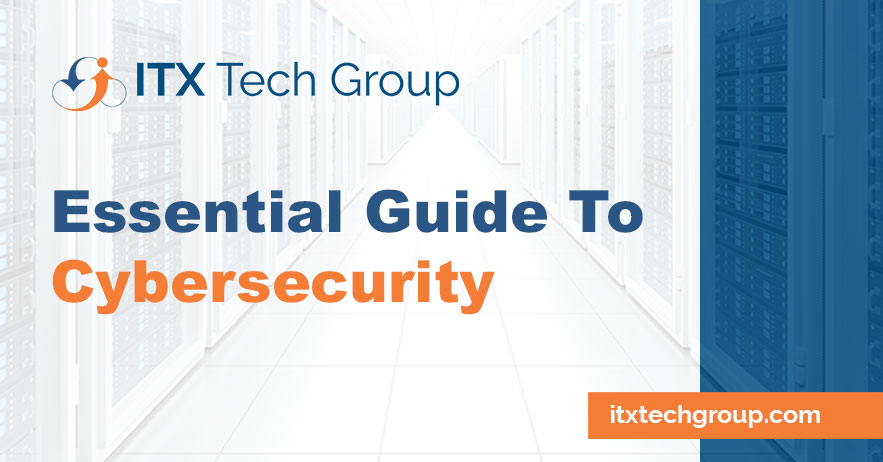In today’s digital world, cybersecurity is a critical concern for businesses of all sizes, including small enterprises.
Small businesses often lack the robust security measures that large corporations can afford, making them tempting targets for cybercriminals.
A data breach or cyber-attack can cause significant damage, leading to financial losses, compromised customer trust, and even the closure of the business.
Therefore, implementing effective cybersecurity measures is not just an option but a necessity for safeguarding your small business.
In this article, we will explore essential cybersecurity practices that every small business owner should prioritize.
Employee Training and Awareness
Employees are both the frontline of defense and the potential weak link in your cybersecurity strategy. A well-informed and trained staff can significantly reduce the risk of cyber incidents.
Conduct regular cybersecurity training sessions to educate employees about phishing attacks, social engineering, and other common threats.
Teach them to recognize suspicious emails, links, and attachments, and establish a clear protocol for reporting any security incidents.
Secure Network Infrastructure
Securing your small business’s network is paramount. Start by setting up a strong firewall to filter incoming and outgoing traffic, preventing unauthorized access.
Ensure that your Wi-Fi network is encrypted and hidden, requiring a password for access. Regularly update network devices, including routers and switches, to patch any known vulnerabilities.
Use Strong Passwords and Multi-Factor Authentication (MFA)
Encourage employees to create strong passwords that include a mix of upper and lower case letters, numbers, and special characters.
Implement a password policy that requires regular password changes and prohibits using the same password for multiple accounts.
Consider implementing multi-factor authentication (MFA) for added security. MFA requires users to provide two or more forms of identification before accessing an account, significantly reducing the risk of unauthorized access.
Regular Software Updates and Patches
One of the most common ways cybercriminals exploit businesses is through known vulnerabilities in software and applications. Keep all operating systems, software, and applications up to date with the latest security patches.
Regular updates ensure that your systems are protected against newly discovered threats.
Data Backup and Recovery
Data loss due to cyber-attacks or system failures can be devastating for a small business. Regularly back up your data and store it securely off-site or in the cloud.
In the event of a breach or ransomware attack, having a recent backup allows you to restore your systems and avoid paying ransoms to cybercriminals.
Secure Online Payment Processing
If your small business accepts online payments, prioritize the security of your payment processing system. Use reliable and reputable payment gateways that comply with Payment Card Industry Data Security Standard (PCI DSS) requirements.
Consider tokenization, which replaces sensitive card information with unique tokens, further protecting customer payment data.
Limit Access to Sensitive Information
Not all employees need access to sensitive data or critical systems. Implement a least privilege principle, where employees only have access to the information necessary to perform their roles.
This reduces the risk of insider threats and minimizes potential damage if an account is compromised.
Regular Security Assessments and Penetration Testing
Periodically assess your small business’s security posture through vulnerability scanning and penetration testing. These assessments can identify weak points in your systems and networks, allowing you to address them proactively.
Wrap Up
As a small business owner, investing in cybersecurity is an investment in the future of your company. Cyber threats continue to evolve, making it crucial for businesses of all sizes to adopt robust security measures.
By prioritizing employee training, securing your network, using strong passwords and multi-factor authentication, keeping software up-to-date, backing up data, securing online payment processing, limiting access to sensitive information, and conducting regular security assessments, you can significantly reduce the risk of cyber incidents.
Conclusion
Remember, the cost of prevention is far lower than the potential costs associated with a cyber-attack or data breach. Stay vigilant, stay informed, and protect your small business from the ever-changing landscape of cybersecurity threats.
Don’t wait – get your small business protected today with the protection it deserves. If you need help ensuring your critical IT requirements are met, connect with us at ITX Tech Group today.

